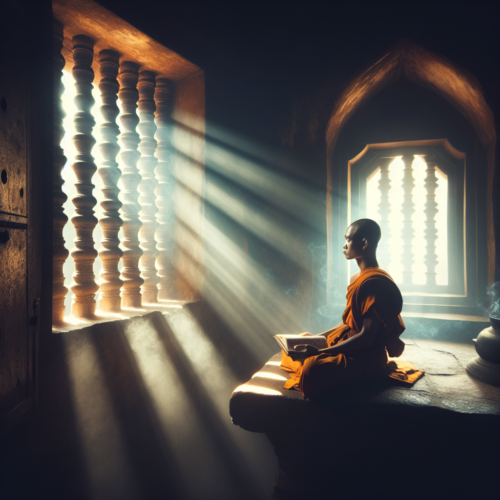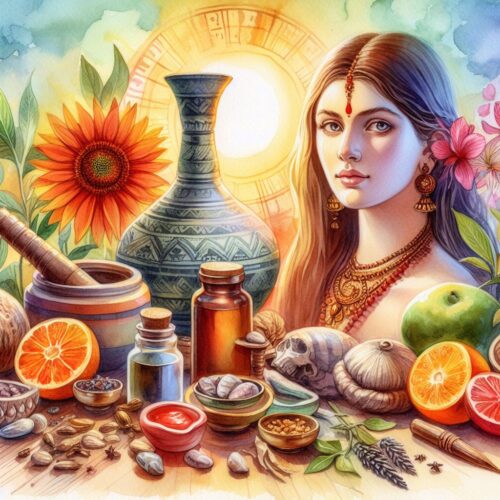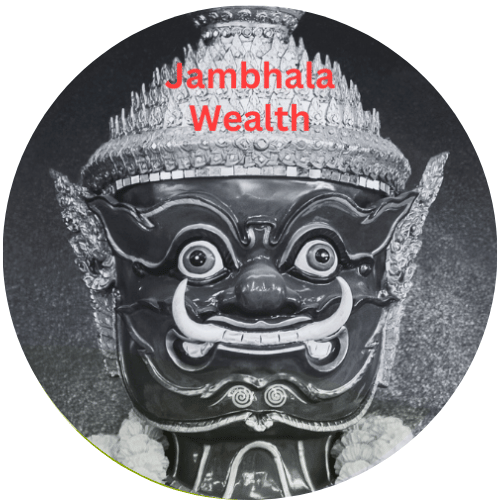
Spirituality is a vast and ever-evolving concept, shaping personal growth and understanding in diverse ways.
While religion often revolves around specific beliefs and practices, spirituality is more about personal experience and seeking deeper connections with oneself and the universe.
Across the globe, there’s a noticeable shift as more people embrace these spiritual trends and move away from traditional religious practices.
It’s not about abandoning belief systems but exploring new ways to connect with the essence of life and the world around us.
So, why are these spiritual trends on the rise?
Modern life is hectic, filled with endless notifications and perpetual busyness.
Many individuals find solace and meaning through introspection and self-discovery, which spirituality offers.
It’s a pathway to find calm amid chaos, a moment to pause and reflect.
Understanding spiritual trends is more than just exploiting the latest fashion.
It’s about exploring what speaks to your soul, what helps you feel grounded, and what guides your journey through life.
As new spiritual landscapes unfold, they offer fresh perspectives and opportunities for personal and collective growth.

The Rise of Mindfulness and Meditation
Mindfulness and meditation practices have ancient roots, branching out from Eastern philosophies and finding a home in Western culture.
These practices invite us to slow down and reconnect with the present moment, an appealing proposition in today’s fast-paced world.
Regular mindfulness exercises can significantly boost mental well-being.
They foster clarity, reduce stress, and improve emotional health.
These practices are not limited to yoga studios or meditation retreats; they are accessible to anyone seeking peace and presence in daily life.
To start a mindfulness journey, consider exploring popular apps that guide beginners.
Headspace and Calm provide structured courses that are perfect for those new to meditation.
These apps offer short exercises, making incorporating mindfulness into everyday routines easier.
Engaging in mindfulness doesn’t require you to follow one strict method.
It’s about finding what works for you—meditating in silence, focusing on your breathing, or practicing mindful walking.
These moments of awareness are stepping stones to greater self-understanding and tranquility.
With a wealth of resources available, finding guidance that resonates personally is important.
Reflect on what you need from your mindfulness practice and permit yourself to explore different styles until you find your own rhythm.
Holistic Healing and Alternative Therapies
Holistic healing encompasses a wide range of practices designed to treat the whole person, not just symptoms of illness.
It’s about balancing the body, mind, and spirit to foster overall well-being.
From acupuncture to herbal medicine, the spectrum of alternative therapies offers diverse paths to health.
Energy healing techniques like Reiki and chakra alignment have gained significant attention among these practices.
Reiki involves channelling energy to promote balance and healing, while chakra alignment focuses on harmonizing the body’s energy centres, purportedly enhancing physical and emotional health.
It’s essential to approach these therapies with an open yet informed mind.
While many find great benefits in holistic treatments, it’s wise to consider scientific perspectives and consult healthcare professionals when integrating these practices into one’s wellness routine.
A wealth of studies and testimonials supports the effectiveness of alternative therapies for various conditions, although more research is often needed to understand their full potential.
Always keep lines of communication open with traditional healthcare providers to ensure comprehensive and safe approaches to health.
If you’re curious about holistic healing, reputable practitioners and authentic resources are a good starting point.
Workshops, community centres, and online forums can provide valuable insights and support your journey toward alternative wellness.

Integration of Technology in Spiritual Practices
Technology intertwines seamlessly with spiritual practices in today’s digital age, offering new avenues for connection and self-reflection.
From meditation apps that enhance mindfulness to online tarot readings that offer guidance, digital tools are reshaping the landscape of spirituality.
Virtual communities have emerged as a cornerstone of modern spirituality.
These digital spaces bring together like-minded individuals from across the globe, allowing for shared experiences and support.
Engaging in such communities can introduce fresh perspectives and foster a sense of belonging that might be hard to find locally.
While integrating technology into spiritual routines offers intriguing possibilities, remaining aware of potential challenges is vital.
Technology, although beneficial, can sometimes detract from spirituality’s personal nature.
Balancing screen time with unplugged moments ensures technology complements rather than overshadows spiritual pursuits.
Ethical considerations also come into play.
With the ease of online access, it’s crucial to approach digital spiritual resources critically.
Verify the credibility of websites or apps to guard against misinformation and ensure accurate and trustworthy resources guide your journey.
Embracing technology in spiritual practices is about finding harmony between the digital and the personal.
Let tech tools enhance your spiritual path, but remember that true spiritual fulfillment often comes from within.
Future of Spirituality in a Globalized World
Spirituality continuously evolves, shaped by the diverse cultures and global interactions that define our world today.
This globalization brings a fusion of spiritual practices, allowing them to transcend cultural and geographical boundaries.
As more people seek intercultural spiritual exchanges, there is growing potential for mutual understanding and enrichment.
These exchanges broaden individual perspectives and enhance collective appreciation for various spiritual traditions.
Modern technology is pivotal in facilitating these connections and spreading awareness about different spiritual practices.
Virtual events and online courses enable easy access to a wealth of spiritual knowledge from around the globe.
However, this blending of spiritual practices requires sensitivity and respect.
It is important to honour the origins and meanings behind these traditions and avoid superficial adoption that disregards their depth and significance.
The path of spirituality will likely continue to reflect a tapestry of global influences, embracing diversity while fostering unity.
The journey of spirituality is deeply personal, yet it should resonate with the shared human experience, offering both personal growth and a sense of global interconnectedness.

Mindfulness Practices
Mastering Mindfulness: Overcoming Negative Thoughts for Wealth and Abundance
Mindfulness Techniques To Counteract Negative Thoughts
Mindfulness For Emotional Resilience: Taming The Wild Horse Of The Mind.
5 Mindful Practices for Beginners: Getting into Your Back Mindfully
